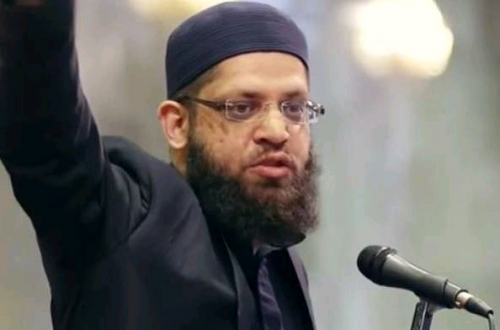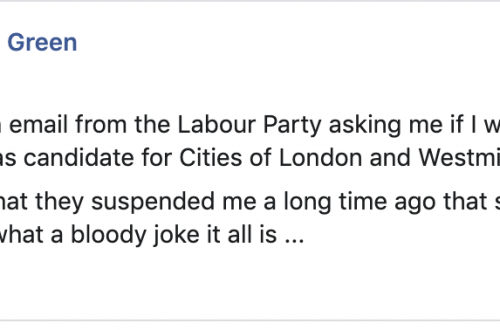The 2008 film Der Baader Meinhof Komplex is only now being distributed in cinemas in the US. Christopher Hitchens reviewed it in August at Vanity Fair:
Unlike earlier depictions of the same events by German directors such as Volker Schlöndorff and Rainer Werner Fassbinder, Uli Edel’s film interrogates and ultimately indicts (and convicts) the West German terrorists rather than the state and society which they sought to overthrow.
[…]
It doesn’t take long for the sinister ramifications of the “complex” to become plain. Consumerism is equated with Fascism so that the firebombing of department stores can be justified. Ecstatic violence and “action” become ends in themselves. One can perhaps picture Ulrike Meinhof as a “Red” resister of Nazism in the 1930s, but if the analogy to that decade is allowed, then it is very much easier to envisage her brutally handsome pal Andreas Baader as an enthusiastic member of the Brownshirts. (The gang bought its first consignment of weapons from a member of Germany’s neo-Nazi underworld: no need to be choosy when you are so obviously in the right.)
[…]
the Baader Meinhof milieu, so far from providing a critique of German society, was actually a sort of petri dish in which bacilli for the two worst forms of dictatorship on German soil—the National Socialist and the Stalinist—were grown. It’s high time that the movie business outgrew some of the illusions of “radical” terrorism, and this film makes an admirably unsentimental contribution to that task.
Hitchens’ point about the need to stop romanticizing people who murder others for political ideologies is well made, but imagining Baader as an enthusiastic member of the Brownshirts was a point worth making. Jonah Goldberg’s book Liberal Fascism tried to argue the point that fascism in Italy and Germany was a left-wing project, and there were some uncomfortable facts in the book, but Goldberg’s tottering Heath-Robinson thesis that modern day liberals are fascist in nature by their willingness to use the state to control society was a step too far. The left’s toadying to totalitarianism has been dealt with in good faith by better writers on the left. His attempts to paint any questionable activities as liberal, and all that is good as conservative was unconvincing. As Jonathan Chait said this summer:
The attempt to deny that fascism and white supremacy are right-wing is silly in innumerable ways, but maybe the simplist is that it doesn’t explain how right-wing thought can be extreme at all. I’d love to hear the answer from Jonah Goldberg: Is there such a thing as a right-wing extremist? When you go past the right wing of the Republican Party, through Tom Tancredo and Pat Buchanan, what comes next? Is there anything there or just a gaping void?
The issue of whether the BNP and/or the Nazi party are left or right wing turns up in our blog comments on a regular basis. I’m mystified by why people feel the need to impose ownership of these extremes on either side. None of the mainstream parties in the UK or the US come even close to an extreme at either end of the political spectrum. People who called the Bush Presidency fascist or who are calling the Obama Presidency Marxist are equally moronic.
There are those who support democratic forms of government (the overwhelming majority) and those that do not. Those that justify terrorism, violence, or offer to impose a totalitarian future of whatever shade are outside of acceptable politics and should be shunned; whether they are defined as red or brown is besides the point.


